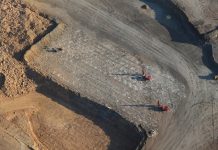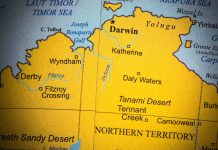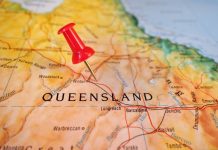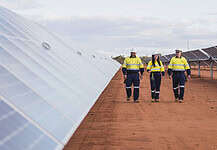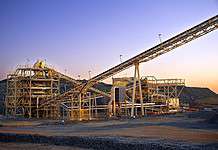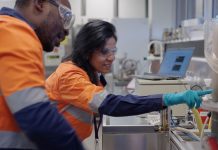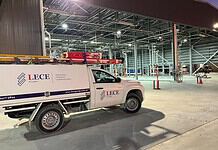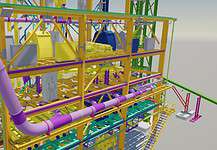
By Jane Goldsmith
August 13, 2015
MINING bodies have blasted Labor’s “xenophobic” attitude, after it declared a $160 billion pending China-Australia free trade agreement (FTA) would threaten Australia’s “safeguards for jobs”.
The implementation of the China-Australia Free Trade Agreement (ChAFTA), which would see tariffs removed on almost all Australian resources and energy products, is forecast to bring about $1.3 billion per annum into Australia’s exports industry.
Within the coal sector, coking coal tariffs would be removed from day one, while thermal coal tariff would be phased out across two years.
ChAFTA, which was signed in Canberra on 17 June 2015, is due to come into effect in 2016 after segregated domestic legal and parliamentary processes in both countries have been completed.
In Australia, this includes reviews by the Australian Parliament’s Joint Standing Committee on Treaties, and the Senate Foreign Affairs, Defence and Trade References Committee.
Labor has pledged to block the agreement during the review process, calling it a threat to Australia’s domestic livelihood and economic security.
“Unfortunately, Tony Abbott brought home an FTA with China that undermines safeguards for jobs,” Opposition Leader Bill Shorten said in a statement.
“Abbott has broken the community compact that has always accompanied trade deals — that they promote Australian jobs.
“Australia cannot and should not try to compete with other nations in a race to the bottom on wages and conditions.
“We should always play to our strengths as a high-skill, high-quality, fair-wage economy. The deal Abbott has struck threatens the much broader consensus that trade is a cornerstone of economic growth and jobs.”
Minerals Council of Australia executive director Greg Evans said any delays would burden Australia’s coal export trade by up to $110 million, and effectively forfeit Australian trade deals to Indonesia.
“If the China Australian trade deal [does] not formally start before the end of calendar 2015, Australia will miss the chance for two bites at tariff reductions a range of products, including on thermal coal exports,” Mr Evans said.
“The failure to secure the agreement before the end of 2015 will mean that the tariff on Australian thermal coal exports will remain at 6 per cent.
“Even if the deal eventually comes into force in early 2016, Australia will have missed the chance of a two-pronged tariff reduction, adding at least $1.2 million per week to the thermal coal trade, or $60 million over the course of 2016.
“The biggest winner will be Indonesian thermal coal exporters, whose coal enters China duty-free, courtesy of a bilateral trade deal concluded several years ago.”
Australian Mines and Metals Association chief executive Steve Knott called upon Bill Shorten to “rise above the superficial and dangerous misinformation campaign”.
“This is a historic deal that will deliver greater economic prosperity and job creation for our country. Opposition to FTA is coming dangerously close to xenophobia and can only threaten Australia’s reputation as a mature, welcoming and stable place to do business,” he said.
“This agreement makes clear that skilled overseas labour will only be used to supplement shortages in the Australian labour market, and represents no threat to local jobs, conditions and wages. It requires Chinese companies to be registered in Australia and therefore to comply with all Australian employment laws and market rates and conditions.
“The inference that these international skilled employees could be subject to inferior occupational health and safe standards is also untrue, mischievous and unhelpful.”
However, Mr Shorten labelled these arguments as myths.
“The fact is the agreement clearly states Australia will not ‘impose or maintain any limitations on the total number of visas to be granted’ or ‘require labour market testing, economic needs testing or other procedures of similar effect as a condition for temporary entry’,” he said.
“The government claims that under investment facilitation agreements Australian workers will continue to be given first opportunity at employment. The fact is there will be no requirement for labour market testing to enter into an [Investment Facilitation Arrangement].”
Prime Minister Tony Abbott argued ChAFTA was too important “to be sacrificed at the altar of short-term xenophobic politics”.
China is Australia’s largest export market for both goods and services, accounting for nearly a third of Australia’s total exports, and is a growing source of foreign investment.

